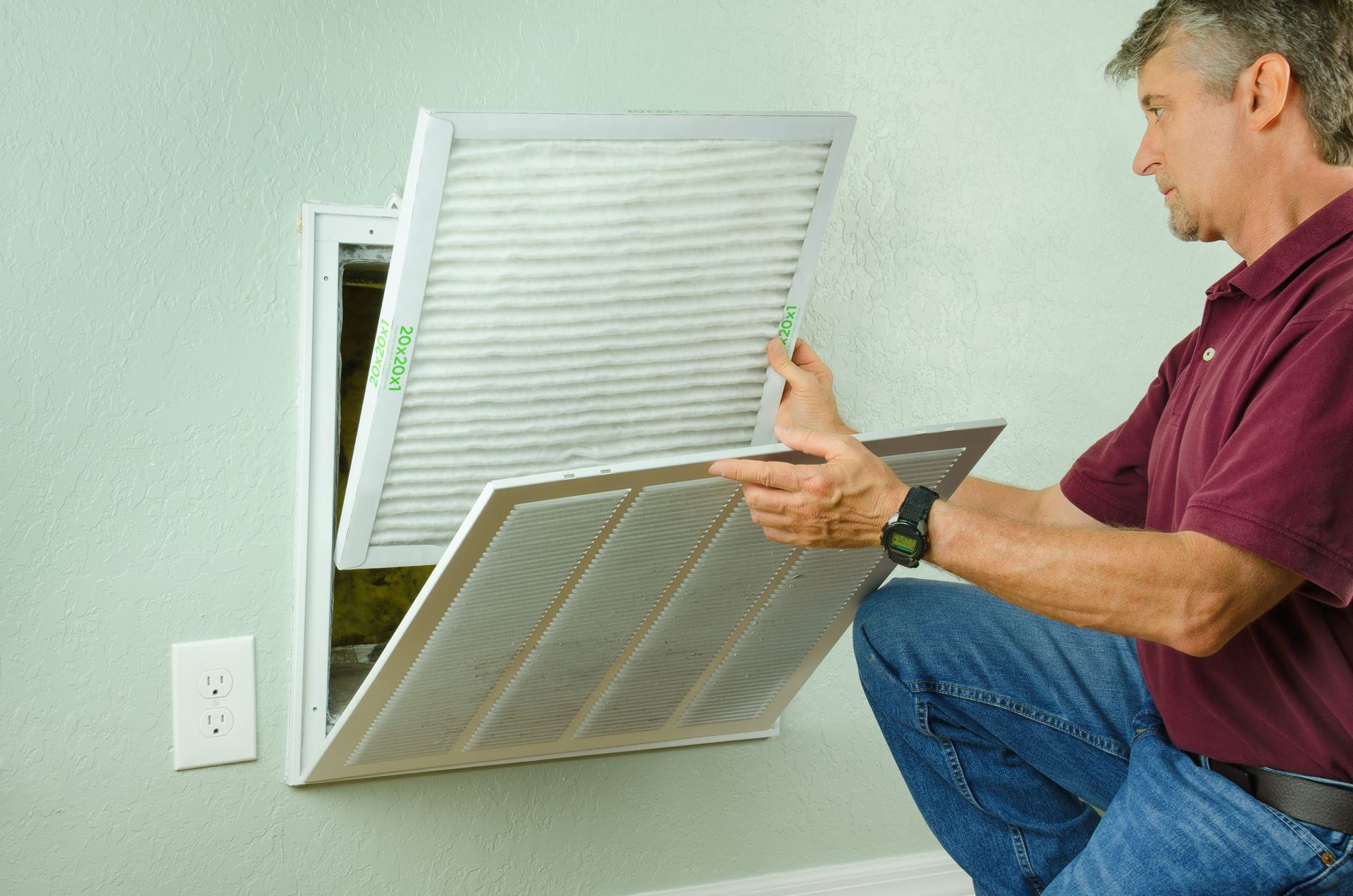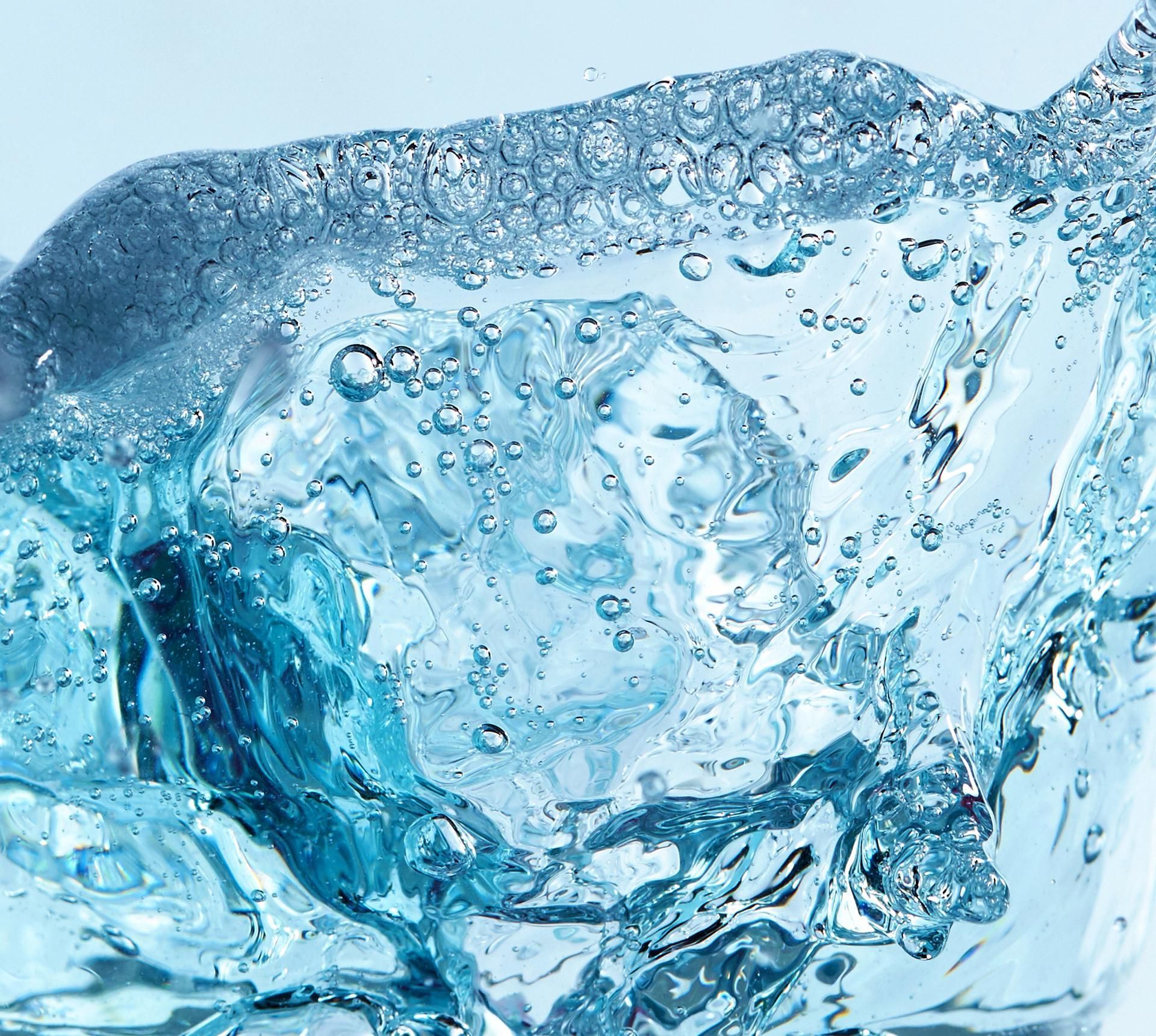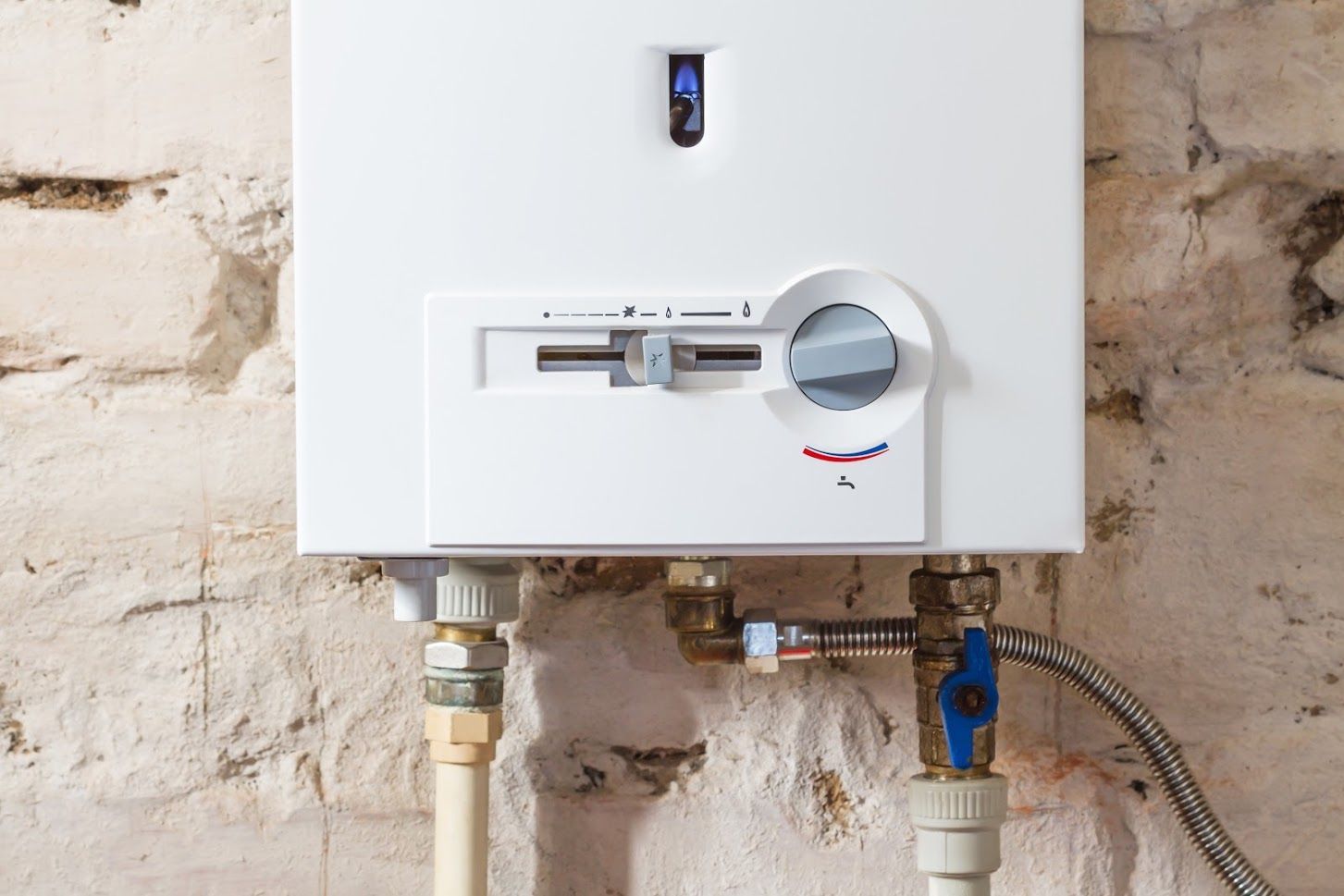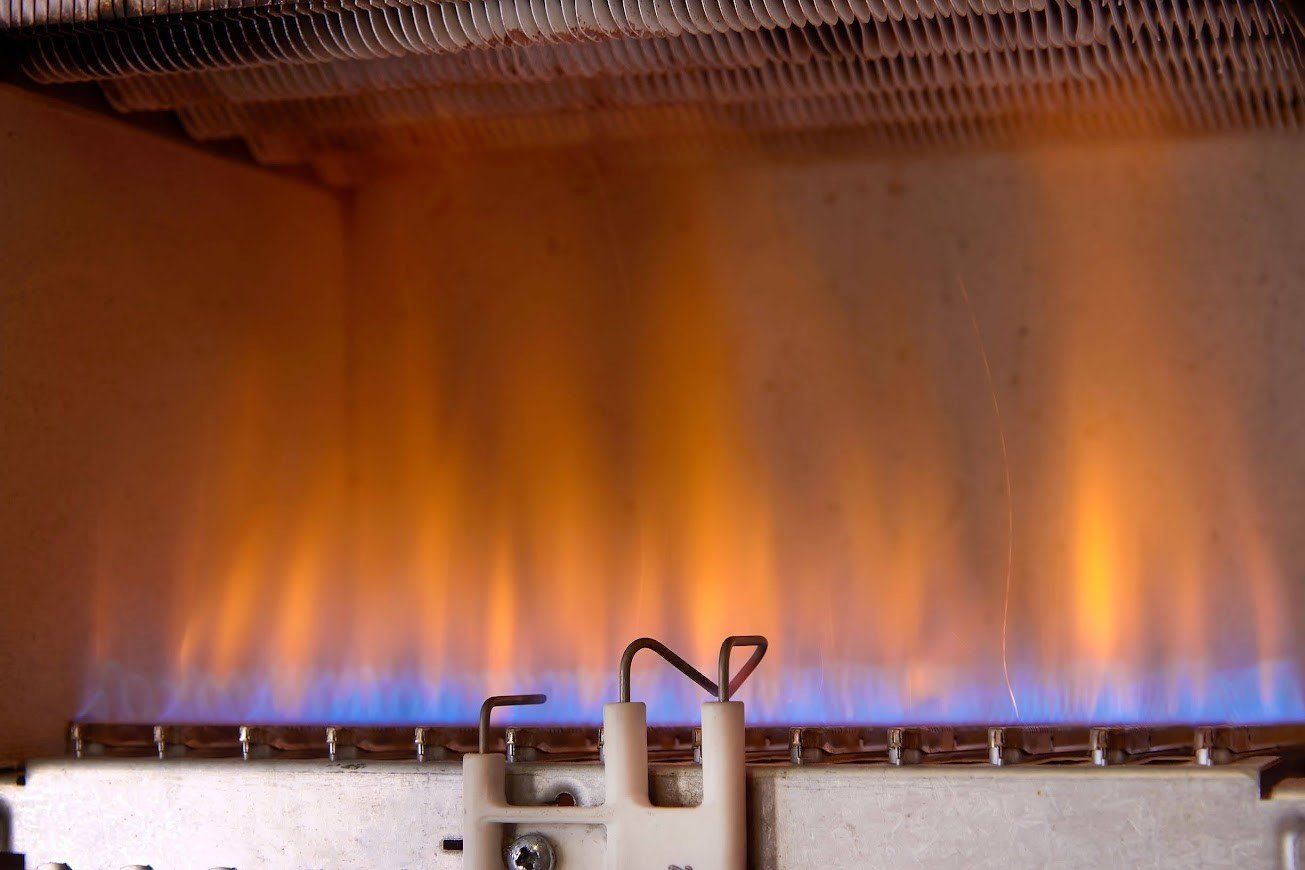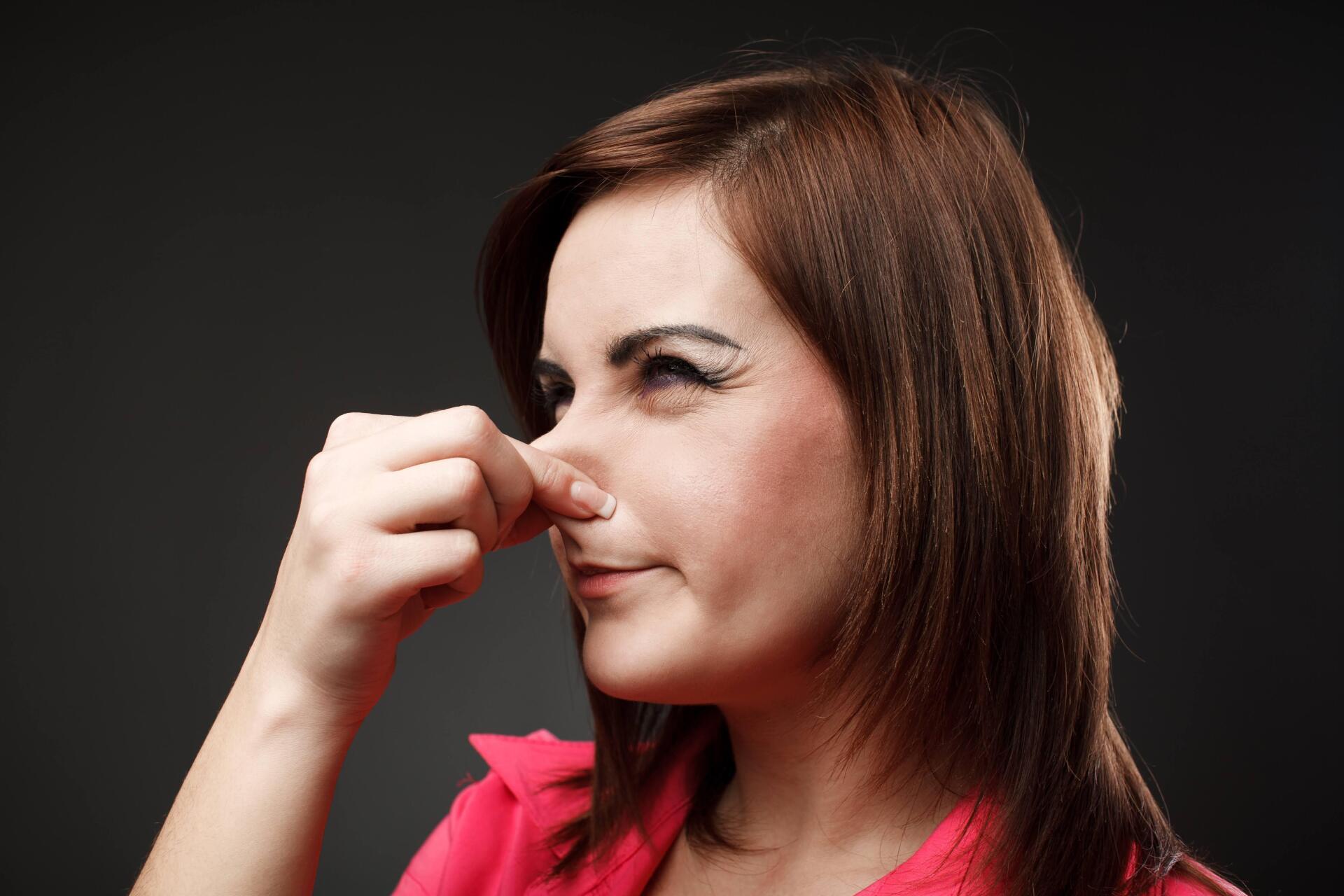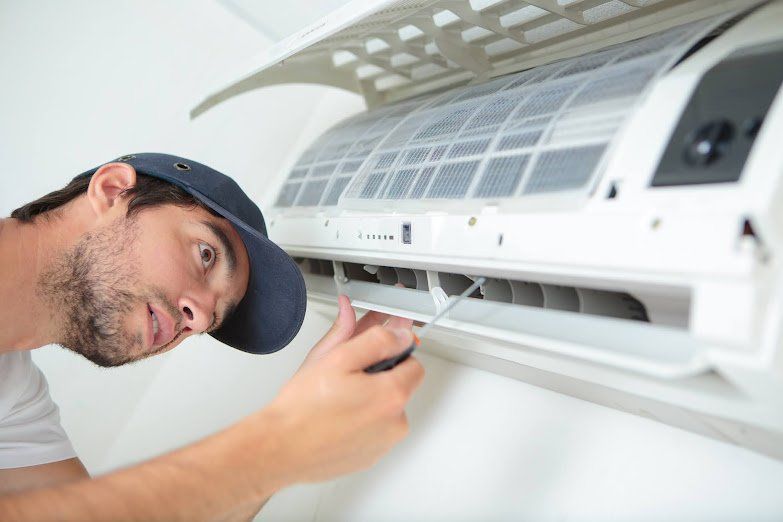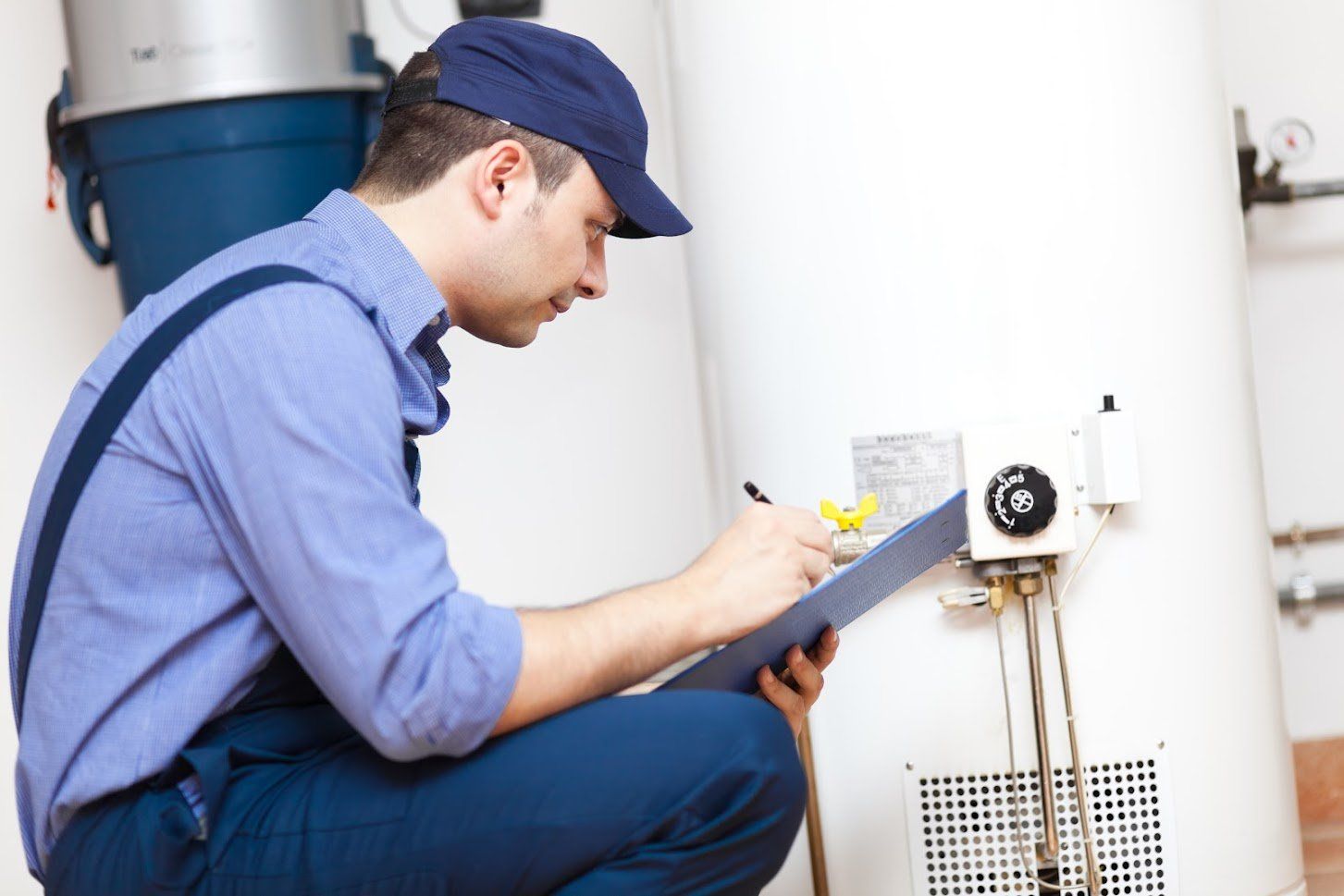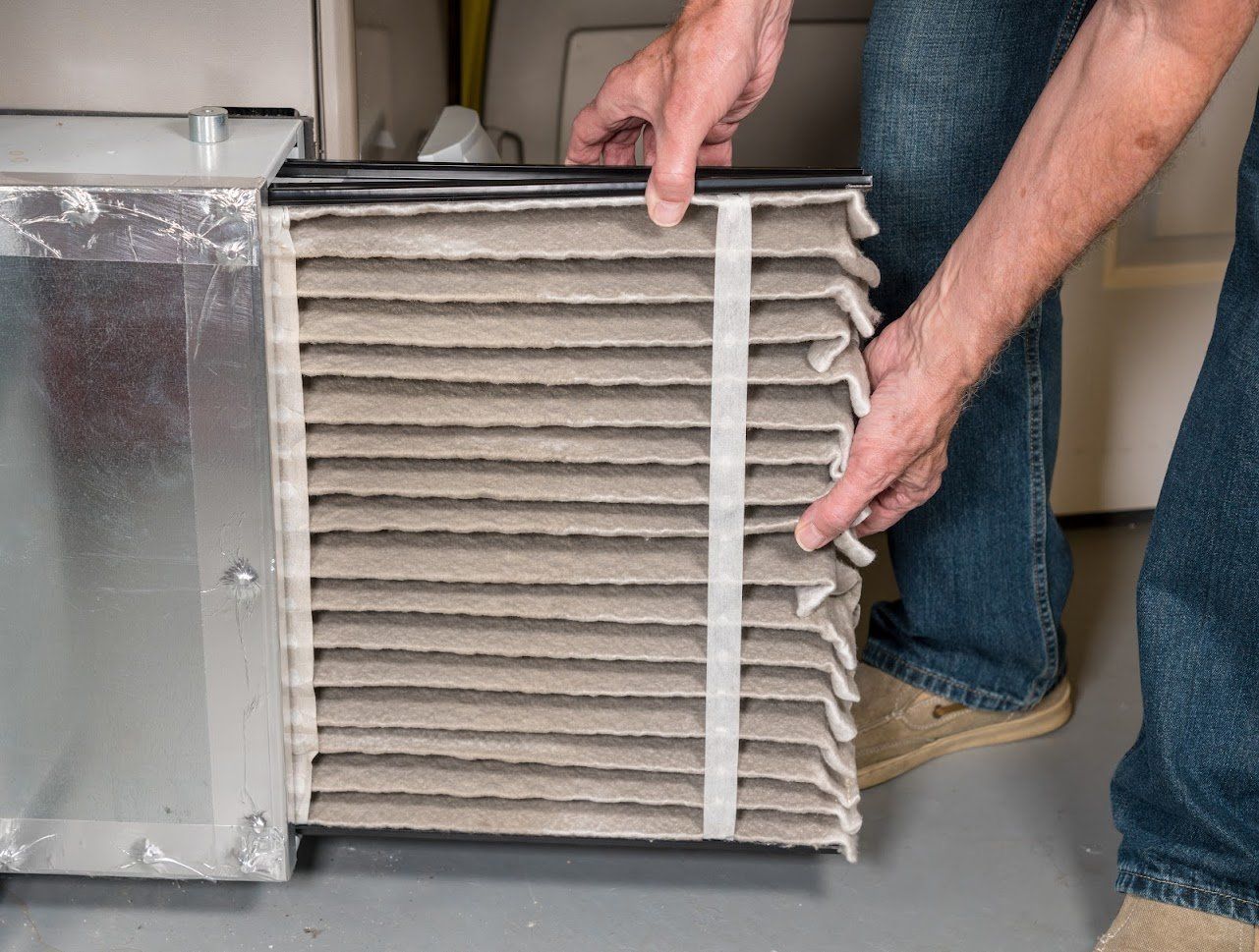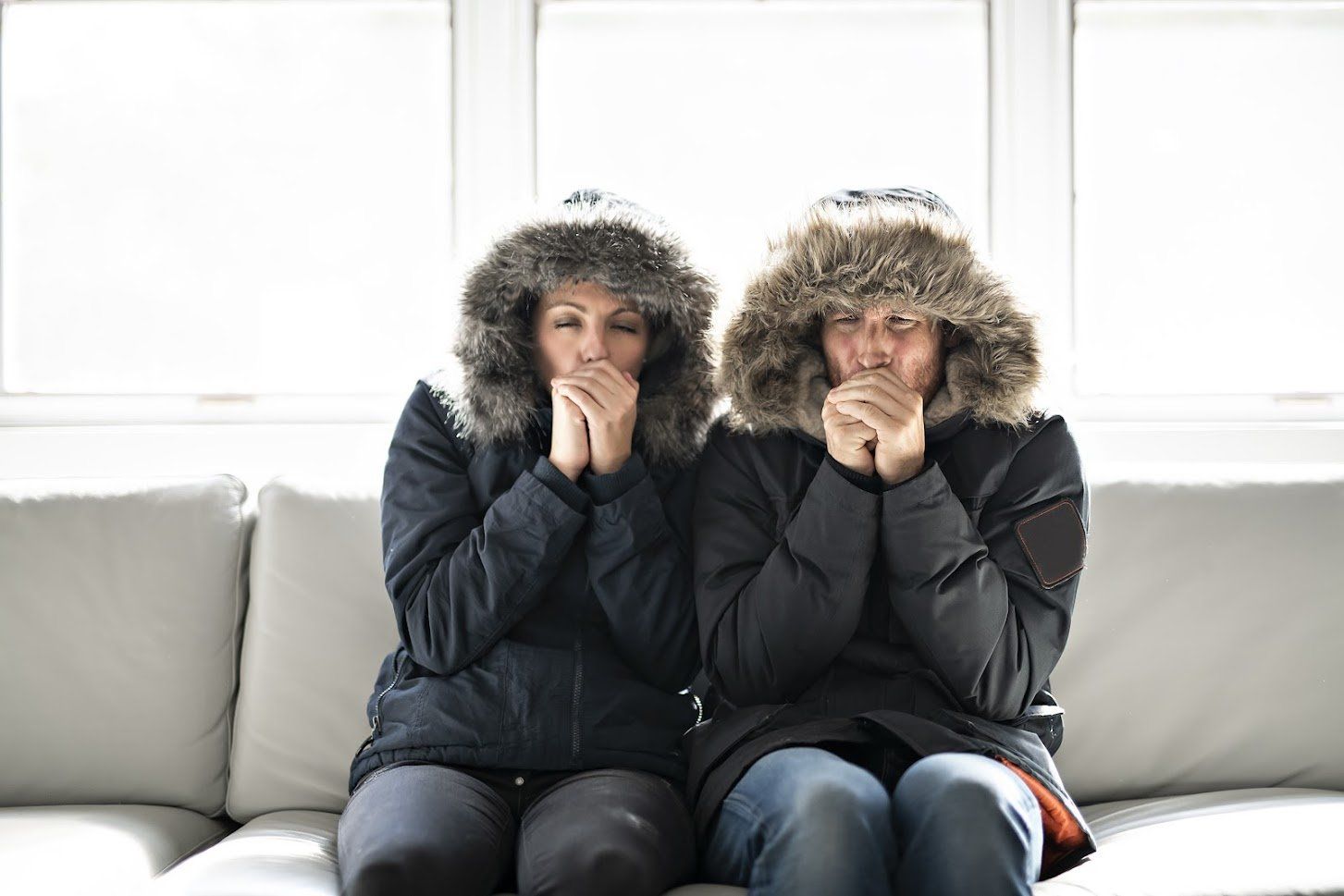Noises Your HVAC Unit Should Never Produce
During this cold season, your HVAC unit needs to be in its best condition for better performance. One sign that your HVAC system has some issues is unusual sounds. A noisy unit can interfere with your peace of mind at home and disrupt your neighbors.
Whether you intend to purchase an HVAC unit or already have one, be aware of the noises it should never produce. Discover common HVAC noises and what they signify.
Clicking
In most cases, the internal air handler or external compressor makes an HVAC system click repeatedly. One of the things that can make your HVAC system produce this sound is a faulty contactor. Also, an electrical issue or an improper thermostat relay process can cause your unit to click frequently.
Pulsating
An HVAC unit that pulsates slowly might not have a problem, unlike that which pulsates loudly and rhythmically. A plastic pad at your unit's base can cause a pulsating noise when compressor motion occurs. Also, an improperly tightened coil or fan blade or contact between an HVAC system's walls and refrigerant lines can cause pulsation.
Booming
An unsuccessful attempt by a furnace to relight can cause carbon particle accumulation inside a combustion chamber. The furnace produces a booming noise as the carbon gas builds up with time. To prevent any damage to your furnace, contact a professional HVAC contractor to clean up its combustion chamber.
Humming
Sometimes, your HVAC unit's motor can become faulty and fail, especially when it goes a long time without lubrication. In such cases, loud humming noises can become common. Also, a faulty capacitor, contactor, refrigerant piping, improperly shaped fin coils, or electrical issues can cause an HVAC unit to produce humming sounds.
Rattling
Rattling sounds can be a sign of dirt or debris accumulation inside your HVAC unit. Also, loose components, like doors and panels, can cause the unit to rattle. If you have a furnace, faulty parts in the blower assembly, like the motor, can cause rattling sounds in your house.
Dripping
During winter, your HVAC system's drip pan can overflow because of increased condensation, resulting in dripping sounds. Also, dripping sounds can occur when the ice on your unit's coils starts to unfreeze or liquefy. A faulty thermostat or unclean air filters can cause your unit's coils to freeze.
Screeching and Squealing
Screeching and squealing are common high-pitched noises when components like fan belts start to wear out. Also, increased pressure in the compressor or damaged motor bearings can cause your HVAC unit to produce these sounds. Lastly, your HVAC unit can produce screeching or squealing noises if you fail to lubricate the motors for a long time.
Banging
Loud banging signifies broken components, like the compressor, connecting rod, or piston pin. The best action immediately after you hear a loud banging from your HVAC unit is to turn it off and contact an HVAC technician.
Hissing
Leaks, especially from a compressor valve or refrigerant line, can cause your HVAC unit to produce hissing sounds. Also, a buildup of pressure in your unit's compressor can cause this sound.
Whistling
Leaks in your unit's air ducts can cause whistling sounds inside your house. The problem makes HVAC units inefficient, which results in more energy loss and high monthly bills. Lastly, dirt clogs in the unit's air filters can interfere with smooth airflow and cause whistling sounds.
Overlooking the discussed noises can bring more problems to your HVAC unit. A professional HVAC contractor can fix anything that causes your HVAC system to produce noises and improve its performance. Call us at Comfort Technology Heating & Air Conditioning if you have a noisy HVAC and want professional repair.


